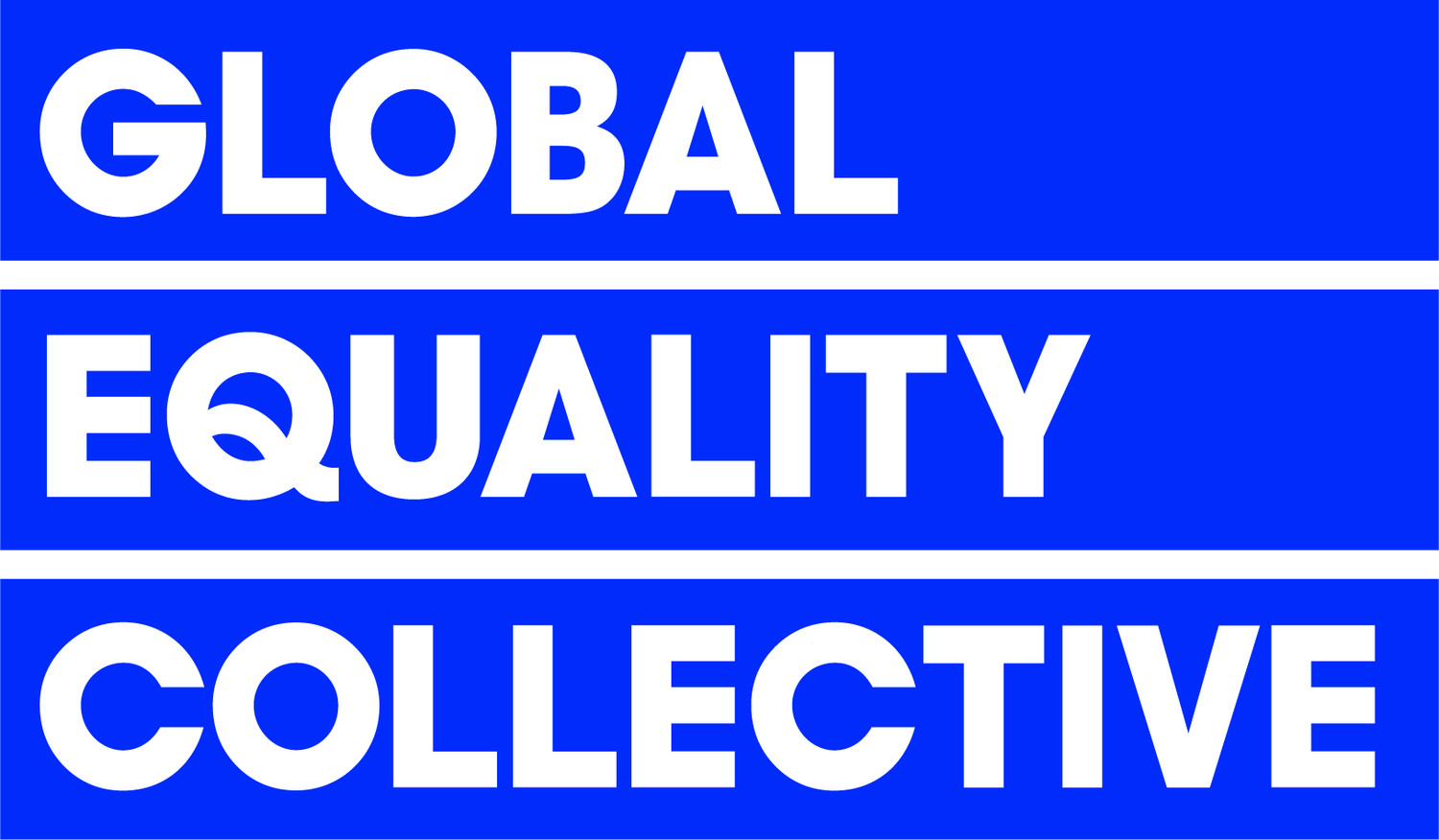November 2025 | The Inclusion Index Edition 2
Tracking the issues most affecting inclusion and belonging in schools.
The GEC Inclusion Index
We have established two ranked leaderboards, one for students, one for staff, based on actionable metrics from our data.
The aim being to help you track the issues most affecting inclusion and belonging in schools.
Featured on:
Introduction
We listened to the previously unheard voices in our schools. Over 26,000 of them. Some of what we heard was hard to hear but still we listened.
Then, using this research, we released our 26,000 Voices report, a landmark report that captures the lived experiences of students, staff, and communities across the educational landscape. And now, we are launching The Inclusion Index.
We have established two ranked leaderboards, one for students, one for staff, based on actionable metrics from our data.
We’re releasing the Index to track the top 10 issues most affecting inclusion and belonging in schools.
Turning data in action
The Index should help you understand what’s working, what’s not, and how to build capacity for intentional, evidence-based change.
Created from the voices of over 26,000 students and staff, this Index identifies 10 key behavioural areas that reveal how inclusion is really experienced—and where urgent gaps exist. These themes emerged through the GEC’s unique approach to Kaleidoscopic Data, which combines quantitative and qualitative insights to surface intersectional, lived experiences that are too often hidden.
Students
Below are the 10 key behavioural areas that reveal how inclusion is really experienced by students and where urgent gaps exist.
Top-ranked behavioural area:
Inclusion
Only 12% of students feel fully included in school life
“Teachers don’t see me. They only see the label.” (Student, Secondary)
⬆ Up six places from the Inclusion Index Edition 1
Kaleidoscopic Data: SEND learners report far lower inclusion (33% strongly disagree teachers listen, vs 8.7% non-SEND). Non-disclosure students are also at risk (21.2% feel heard).
GEC View: Inclusion is front and centre in the new Ofsted scorecards, with “equity” flagged as a core inspection lens. Schools are under pressure to evidence inclusion strategies beyond policy statements.
Download the full report to see the combined quantitative and qualitative data for all Student Kaleidoscopic Insights, and our observations on the intersectional, lived experiences that are too often hidden.
From our Founder
What does inclusion really feel like?
“We asked over 26,000 students and staff, and the answers we received weren’t always easy to hear—but they were impossible to ignore. human experience through both numbers and narratives. This isn’t about tick-boxes. It’s about humanising data. Making space for the real, messy, brilliant stories that shape how people belong (or don’t) in school communities.
The 10 behavioural areas in this Index reflect patterns we’ve seen across schools: behaviours that support or sabotage inclusion. They offer a way for school leaders to listen more deeply, act more intentionally, and track progress not just by compliance, but by culture. Backed by the GEC Platform’s report and support model, this Index becomes more than a diagnostic, it becomes a driver of change.
This is our call to action and our invitation to lead with empathy, evidence and equity.”
Staff
Below are the 10 key behavioural areas that reveal how inclusion is really experienced by students and where urgent gaps exist.
Top-ranked behavioural area:
Leadership & Values
Only 41% of staff say leaders consistently model inclusion.
“Leaders talk about inclusion in assemblies, but it’s not lived in our staffroom.” (Teacher, Secondary)
⬆ Up three places from the Inclusion Index Edition 1
Kaleidoscopic Data: Global Majority and LGBTQ+ staff report trust scores up to 20 points lower than White peers. FE staff report the weakest trust overall.
GEC View: Leadership values are the backbone of inclusion, but staff voice shows inconsistent follow-through. With Ofsted’s leadership & culture focus & the Education Select Committee spotlighting retention, gaps in leadership credibility are now the single biggest risk to workforce stability and inclusive practice.












